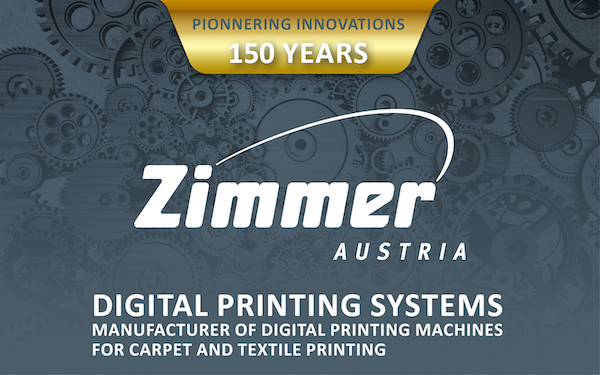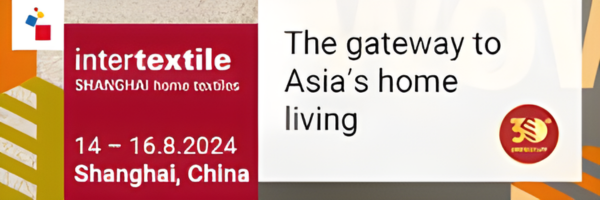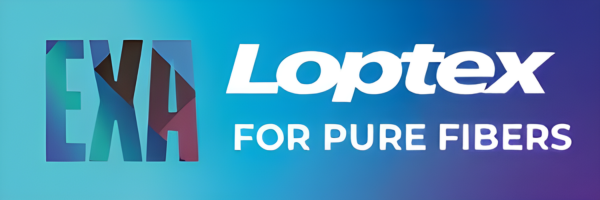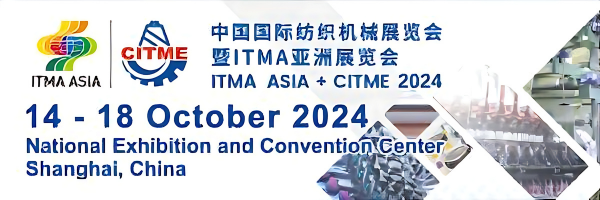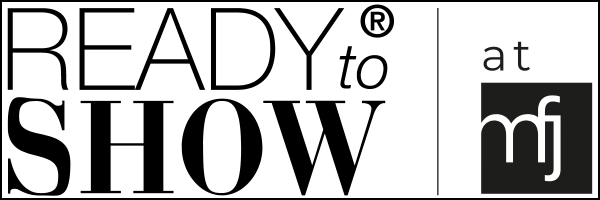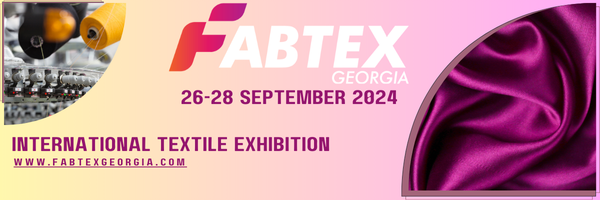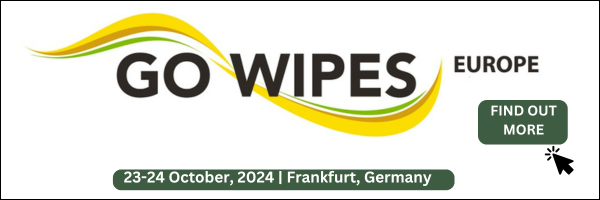Aiming to Reduce Greenhouse Gas Emissions, Based on the YKK Sustainability Vision 2050
YKK Corporation (Headquarters: Chiyoda-ku, Tokyo; President: Hiroaki Otani; hereafter, YKK) is pleased to report that it will begin purchasing alloy wires that utilize low-carbon aluminum, with the aim of making a staged transition from conventional aluminum alloy zippers to eco-friendly zippers which use low-carbon aluminum.[1]
YKK, together with Sumitomo Electric Industries, Ltd. (Headquarters: Chuo-ku, Osaka; President: Osamu Inoue), and Sumitomo Electric Toyama Co., Ltd. (Headquarters: Imizu City, Toyama; President Representative Director: Yasuo Yamamoto), agreed to a contract pertaining to the use of low-carbon aluminum. Beginning in FY2024, YKK will begin purchasing alloy wires that utilize low-carbon aluminum for use as materials in aluminum alloy zippers, and gradually expand their application.
YKK has adopted the YKK Sustainability Vision 2050, its sustainability goals for achieving climate neutrality by 2050, and set targets under the five themes of climate change, material resources, water resources, chemical management, and respect people. YKK has been working to achieve 10 of the SDGs which are related to each of these themes.
For the theme of climate change, under the 1.5°C target recognized by the Science Based Targets initiative (SBTi), YKK is striving to cut greenhouse gas (GHG) emissions within the company and across the YKK supply chain, with the goal of reducing Scope 1 and Scope 2 emissions by 50% (compared to 2018) and Scope 3 emissions by 30% (compared to 2018) by 2030. The adoption of low-carbon aluminum as a material for zippers is one of YKK’s initiatives to achieve the reduction target for Scope 3 emissions.
YKK will continue to work together with customers and suppliers to reduce GHG emissions through the development and expansion of eco-friendly products and technologies and accelerate its efforts to bring about a sustainable society.
■ Comment from Terry Tsukumo, Vice President of the Product Strategy Division, Global Sales Headquarters, YKK Corporation
“Up to this point, YKK has been working to reduce GHG emissions by increasing the use of recycled materials and plant-based materials in textile materials for zippers and switching to eco-friendly products. In addition to this, low-carbon aluminum is a new YKK initiative to reduce the environmental impact of metal materials used for zippers. We will continue to work with our business partners to reduce our environmental impact throughout the supply chain.”
■ YKK Digital Showroom
Information about YKK’s sustainability initiatives and its eco-friendly products can be viewed at the YKK Digital Showroom.
■ State of Progress Toward the YKK Sustainability Vision 2050
YKK Corporation’s sustainability goal is to achieve climate neutrality by 2050. YKK is working on five themes – Climate Change, Material Resources, Water Resources, Chemical Management, Respect People – and ten SDG goals related to each of these, and each year reports on its state of progress in the YKK Integrated Report, “This is YKK.”
■ Sustainability and the YKK Philosophy of the Cycle of Goodness®
YKK is constantly pursuing the creation and realization of a sustainable society through our business. At the core of all our corporate activities is the philosophy of YKK founder Tadao Yoshida, the “Cycle of Goodness®.” The idea that “no one prospers without rendering benefit to others” clearly expresses the YKK Group’s corporate philosophy of continuing to prosper together with society, customers, related industries, and employees, and is highly compatible with sustainability.
Tadao Yoshida repeatedly shared the essence of this corporate philosophy with employees in a variety of ways. His words “business is like building a bridge,” which are connected to the “Cycle of Goodness®,” can be understood in terms of the SDGs, as he believed that unless we benefit society as a whole, we will not be able to prosper ourselves.
The words “manufacturing like clear spring water” and “trash can be a great resource if it is utilized with ingenuity” are linked to environmental consideration, and the words “the strength of a forest is better than a big tree” are linked to respect for human rights and individuality.
The circumstances and background today differ significantly from the time when our founding president spoke these words, but a philosophy that is highly compatible with sustainability has nevertheless been at the core of YKK’s management since those early days. It continues to be inherited at the company even today, 90 years later.
https://www.ykk.com/english/shared/pdf/corporate/csr/eco/report/This_is_YKK_part02.pdf



